CreativeUEA and East Norfolk Sixth Form College
DRAMATISING CLIMATE CHANGE: AN ORAL HISTORY
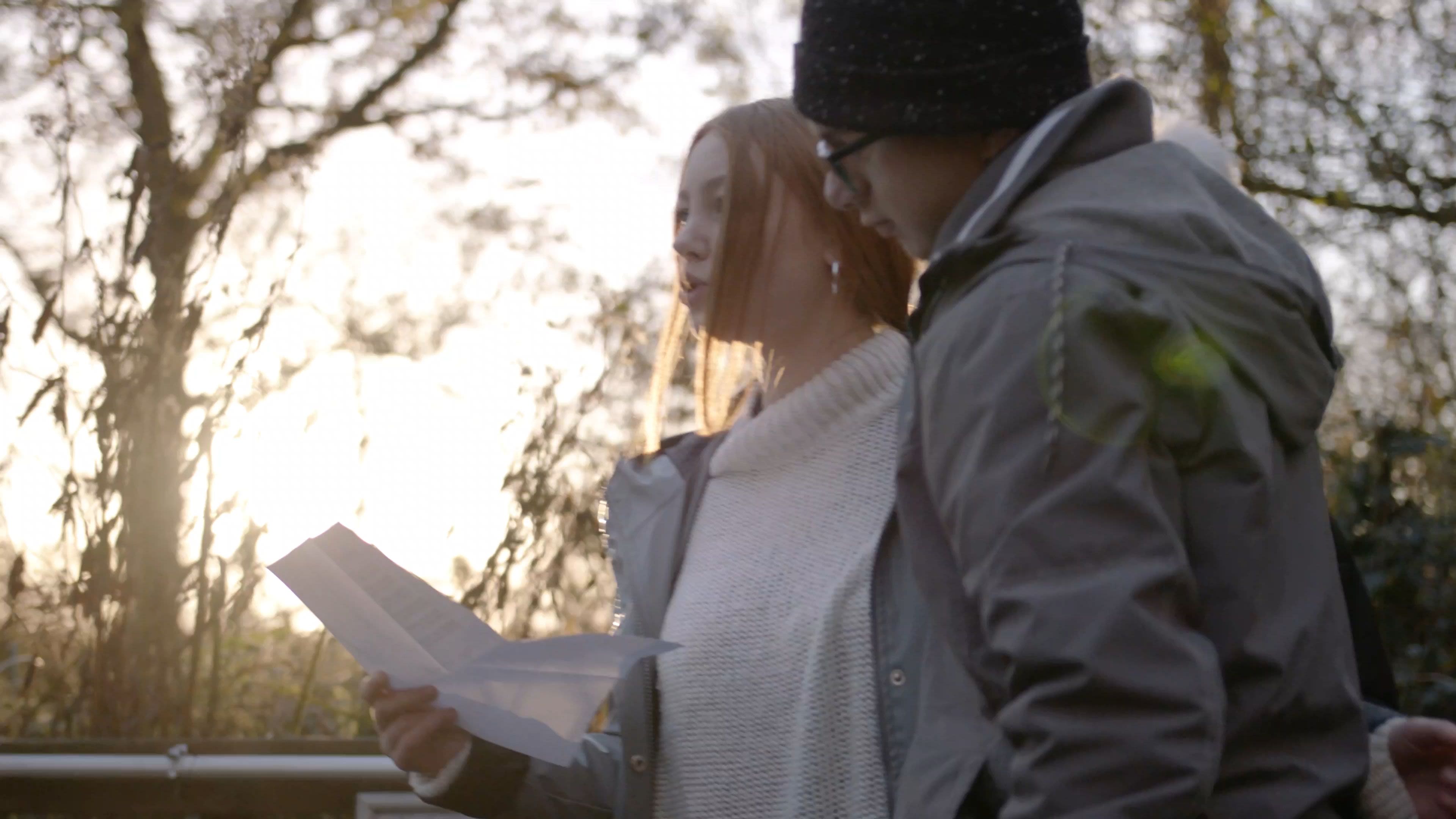
A new collaboration between the University of East Anglia and East Norfolk Sixth Form College saw young adults work with experts from the College and the University to produce a new site-specific performance about climate change at RSPB Strumpshaw Fen, Norfolk.
Strumpshaw Fen sits five miles east of Norwich on the River Yare. The reedbeds are home and hunting grounds for bitterns, marsh harriers, and kingfishers, and a vital habitat for rare insects and butterflies. The Broads Authority say that in a century’s time, sea levels around the east coast could be one metre higher than they are now, increasing the risk of flooding, from Great Yarmouth to Norwich.
East Norfolk Sixth Form College is a longstanding partner of UEA through outreach and pathways to higher education; it is located at the mouth of the river. Its students joined the project and learned about the reserve and the possible effects of climate change on this region. Here students and staff from the College and UEA describe the experience of working together to create the final work: The Race Against Time.
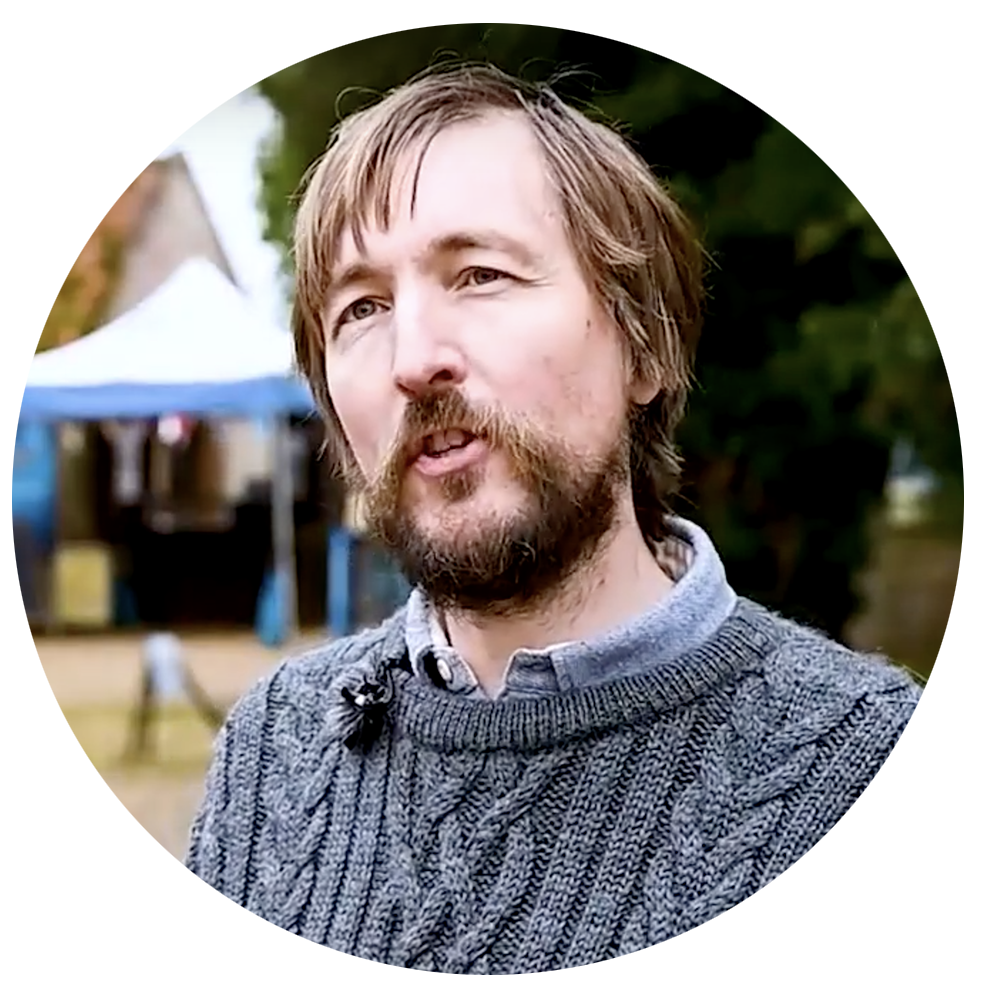
Dr John Gordon, Academic Lead, CreativeUEA: We won funding from an Arts and Humanities Research Council’s scheme to encourage young people to engage with and respond to important climate research. Fifteen arts-based projects coincided with the international conference on climate change, COP26, making links between global issues and localised impacts.
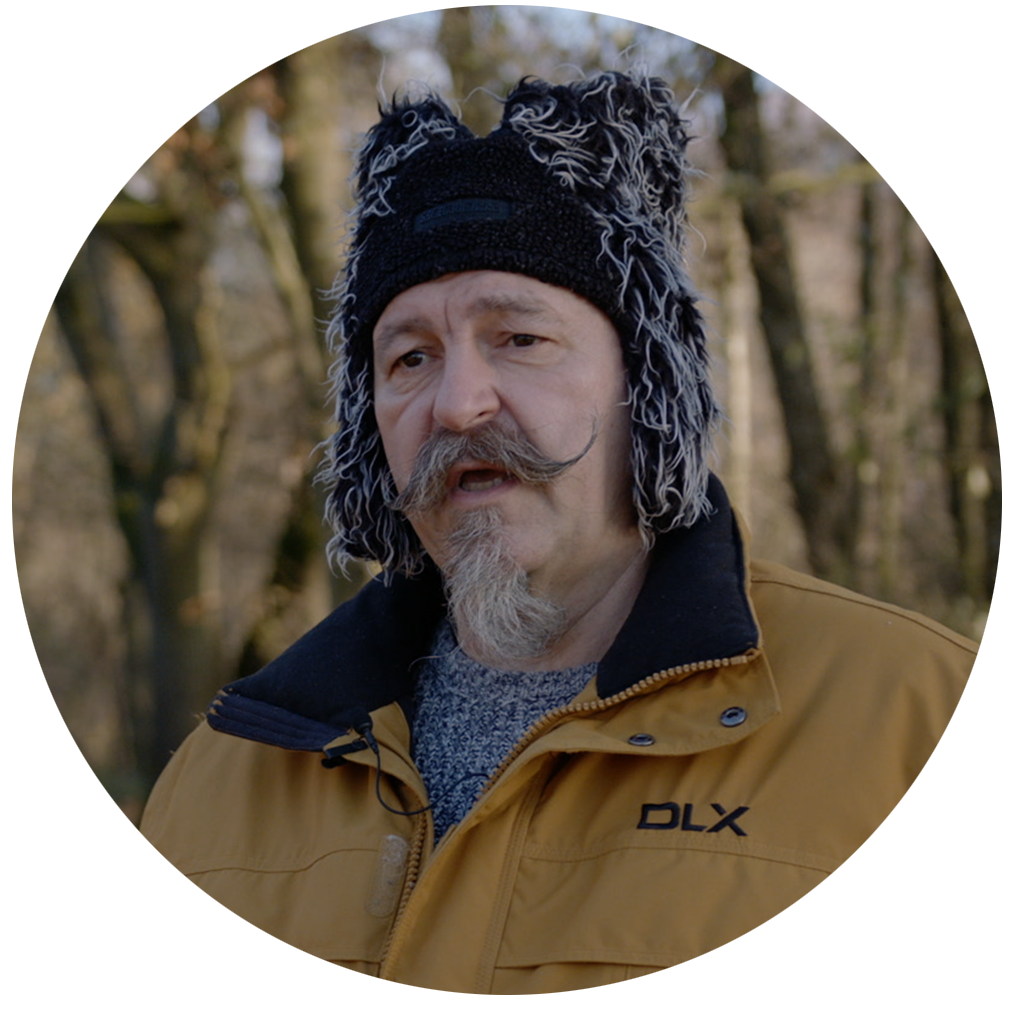
Dave Higgins, Performing Arts Coordinator and Technician, East Norfolk Sixth Form College: This sort of project is important because students might not really think of coming to Strumpshaw Fen. Bringing them to the reserve opens their eyes to their local area.
Rather than sitting in a lesson and being talked at all the time - or watching the television, the news, and seeing what other people are doing - it’s nice to think ‘what are we going to do about it?’ For lots of our students - they’re English students, Performing Arts students - it’s nice for them to say, ‘let’s do something different’.
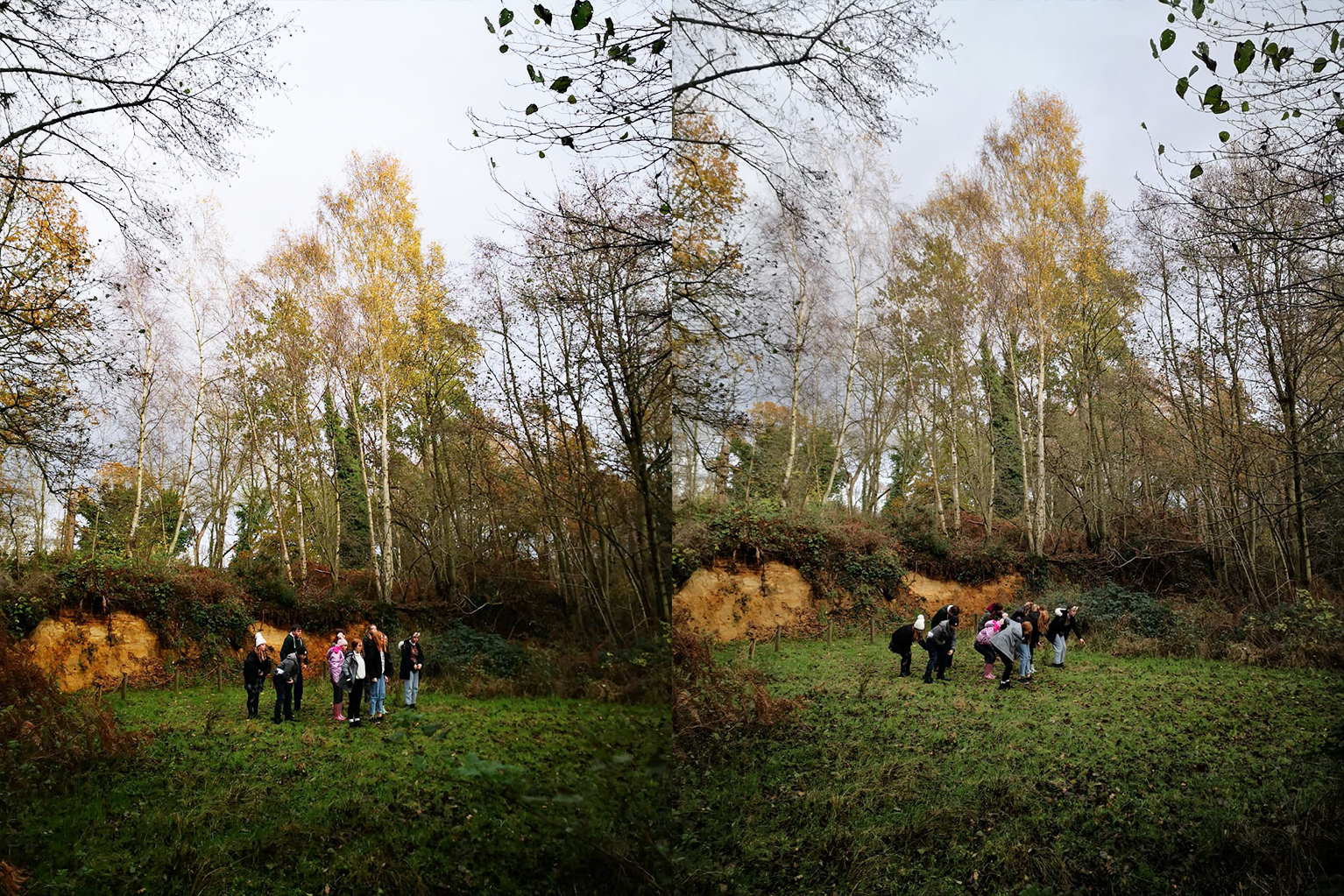
All 16 students were volunteers with a commitment to voicing their responses to climate change. Over four visits to Strumpshaw Fen, the students engaged with the reserve as a focus for learning about climate change.
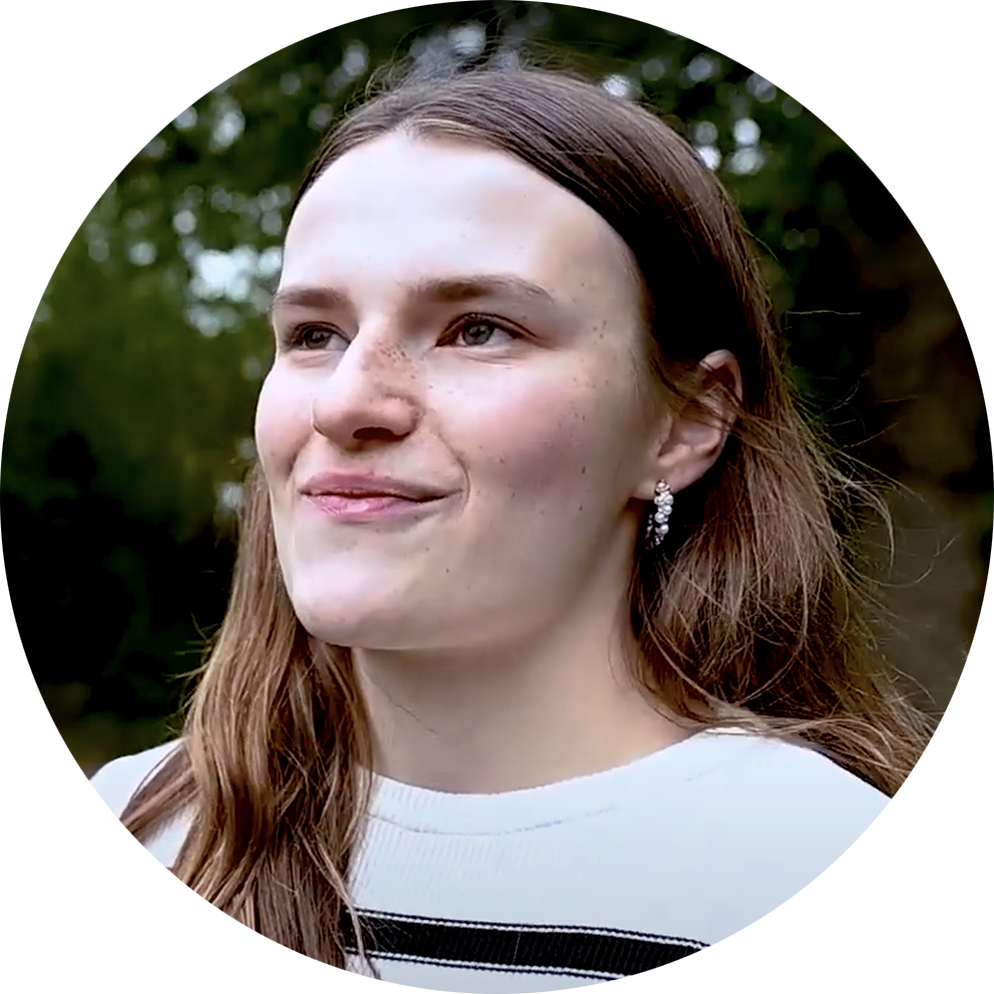
Mia, Student and Actor, East Norfolk Sixth Form College: The rate of climate change is so surprising, in cities you don’t realise it but when you come to the Fen you can see how fast it’s declining.
Chloe, Student and Actor, East Norfolk Sixth Form College: When we first arrived at the Fen we sat down for hours just talking about how we are affecting the world.
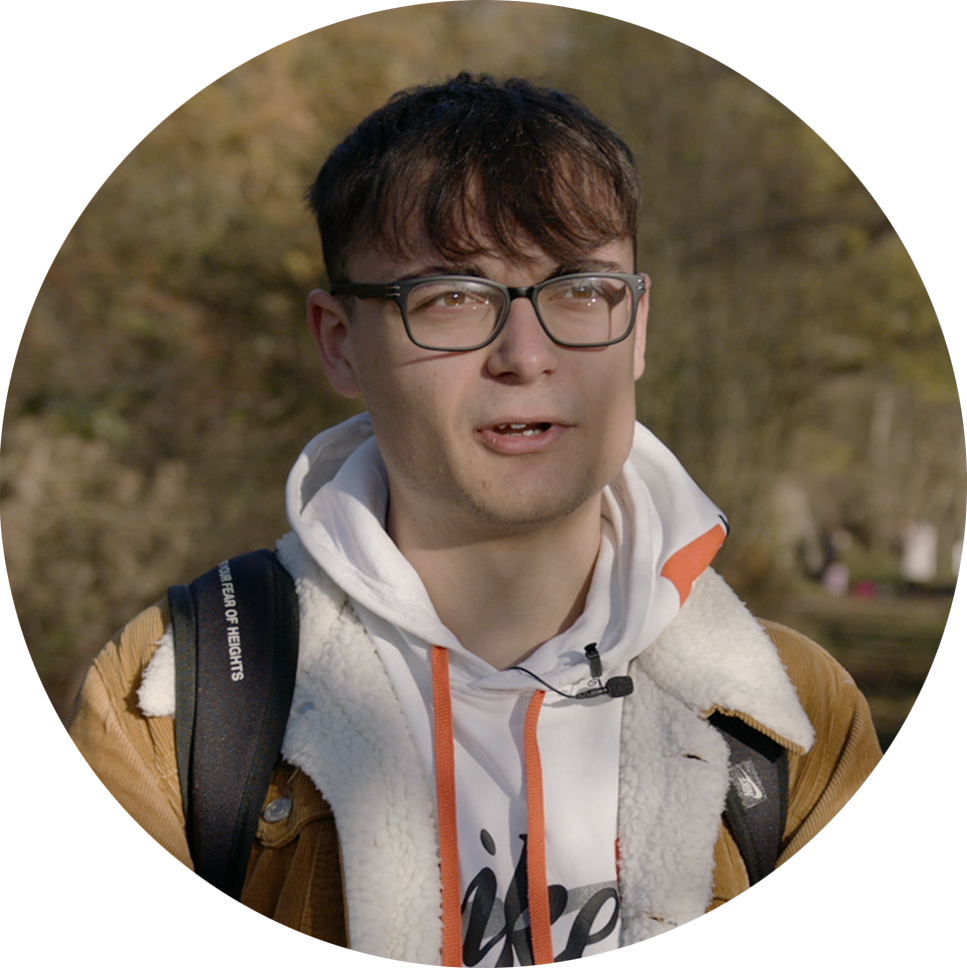
Ben, Student and Actor, East Norfolk Sixth Form College: The first time it was a bit weird coming here, because you don’t know what kind of environment you are going to find and where you are going to find the places you’re going to be needing to perform.
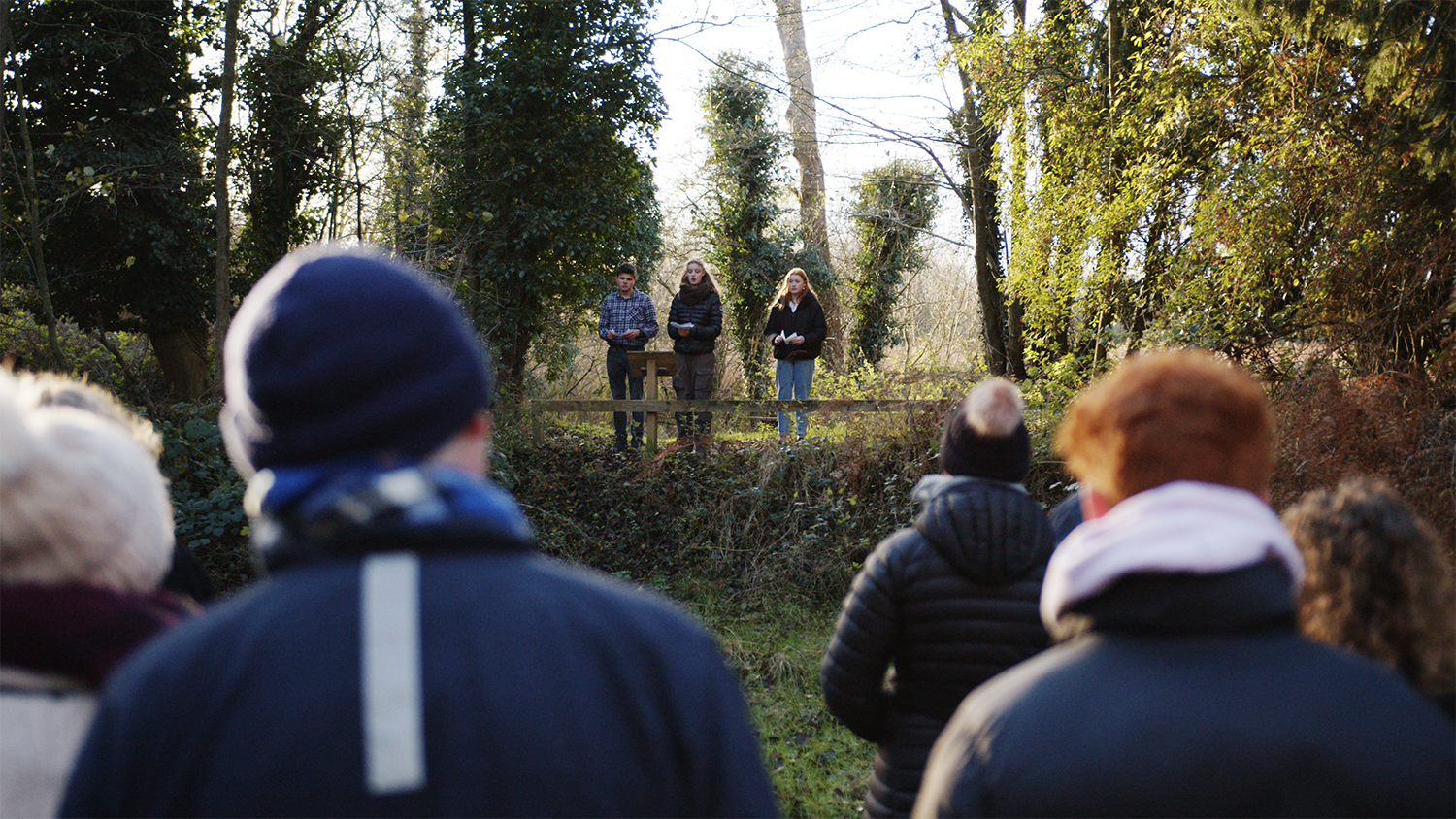
In December 2021, the audience joins the immersive outdoor performance of The Race Against Time
In December 2021, the audience joins the immersive outdoor performance of The Race Against Time
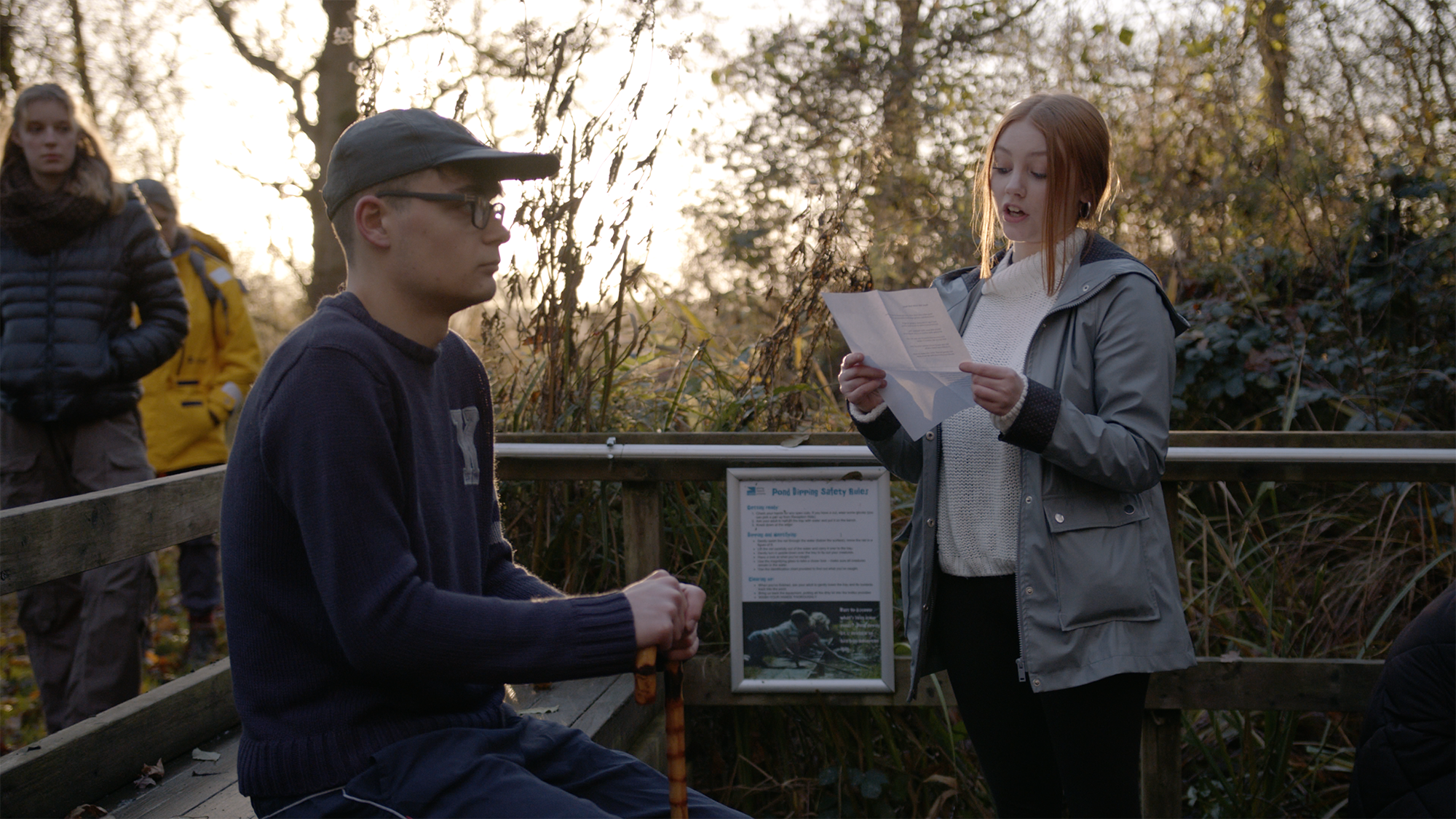
Student actors from East Norfolk Sixth Form College play the roles of a granddaughter and grandfather in The Race Against Time
Student actors from East Norfolk Sixth Form College play the roles of a granddaughter and grandfather in The Race Against Time
They were introduced to different ways of responding to what they encountered –nature writing, movement and theatre. Experts in each field including Professor Jean McNeil, Professor Steve Waters, Dr Elizabeth Lewis Williams and Taylor Beidler, all of whom tackle climate change in their own work, supported the students to prepare for their performance.
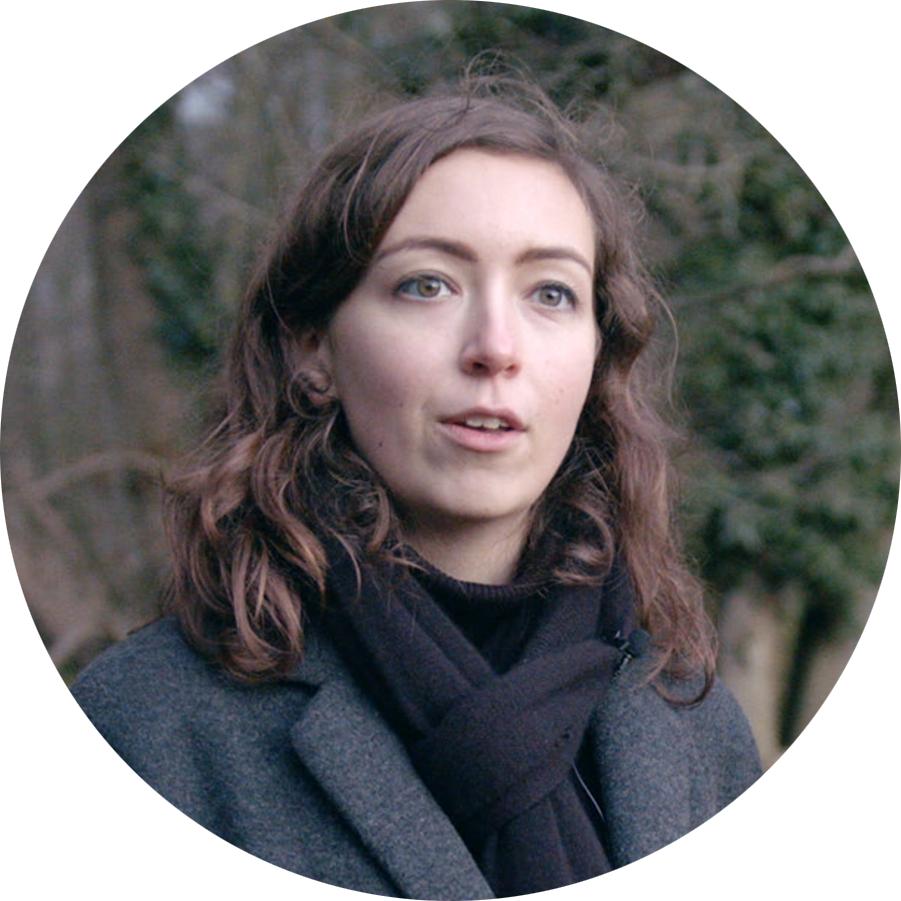
Taylor Beidler, writer and UEA New Forms Award Winner: What was so interesting was that we would come back almost each month so it felt like we were in a different classroom on the Fen as the seasons were changing and we had different elements to work with.
Unlike a typical classroom or theatre space where you can manipulate the space and make it feel very yours - the Fen is forever changing and in a climatic way as well, often for the worse. We were having to respond to flooding and high tides, so although the area felt familiar each time we returned, we also had to ask what was different, and why.
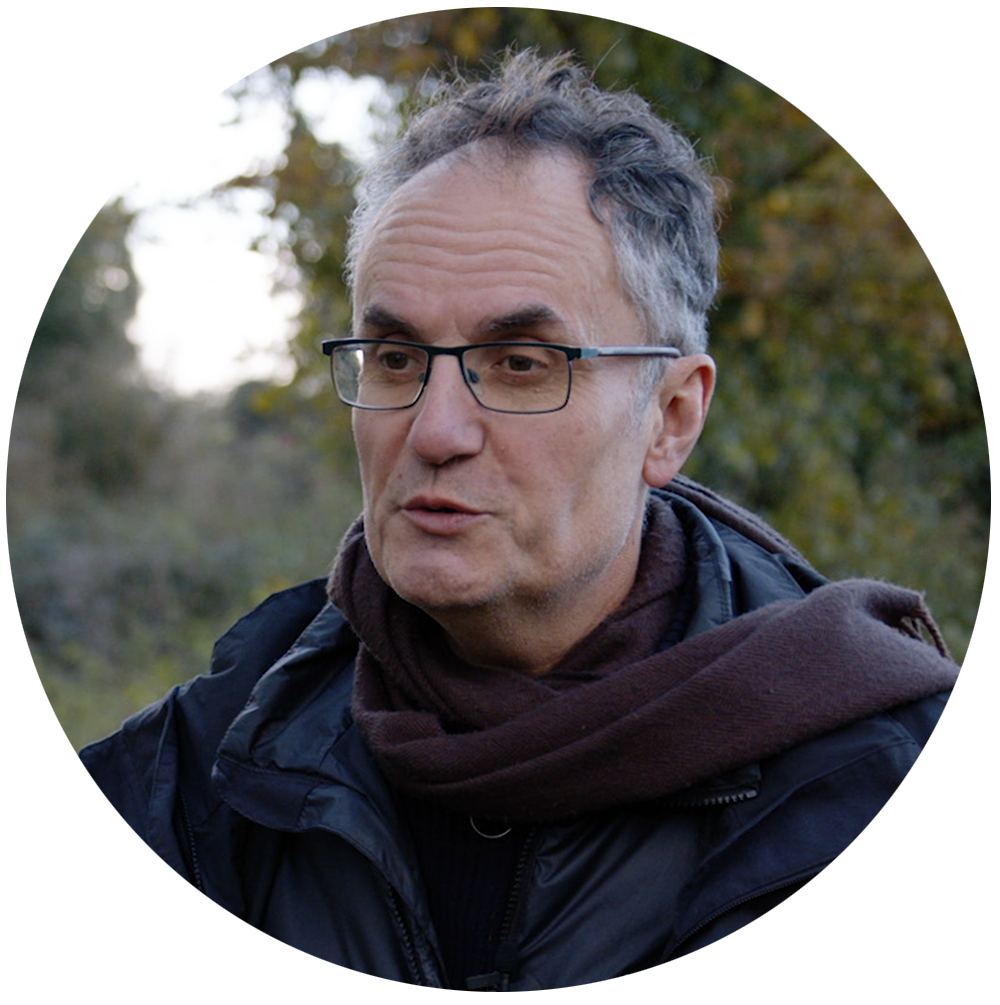
Prof Steve Waters, Professor of Scriptwriting at UEA: RSPB Strumpshaw Fen is a marvellous riverside reserve with fen meadow, reed beds and woodland. From the moment they arrived, the students began to make huge use of these very different habitats. We’ve used the quarry, the wet woodland, we used the sort of sandy bank path down toward the Fen, and they’ve grown very accustomed to it. It’s a place which harbours all sorts of life which they’ve come to celebrate and know about.
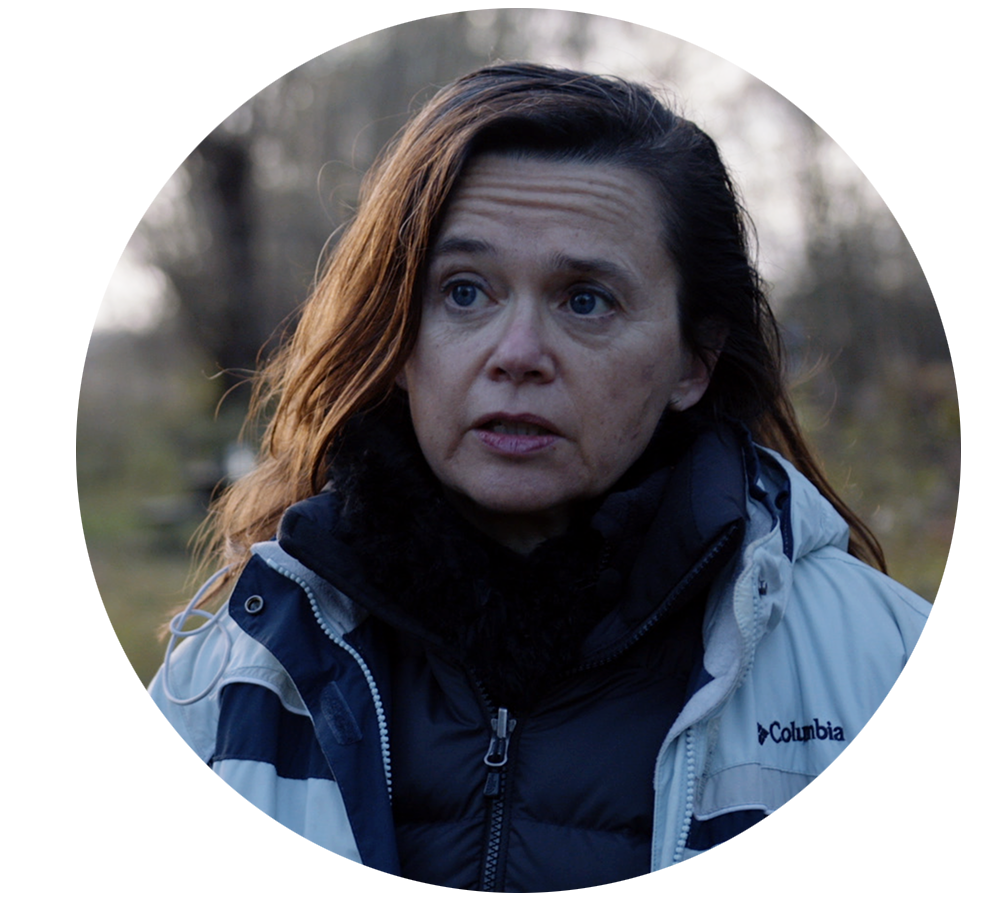
Jean McNeil, Professor of Creative Writing at UEA: Not that many young people are asked to really lead with their own thoughts and feelings, so this was really a creation by the A-Level students. Yes, we’ve helped - we’ve given them feedback, given them suggestions - but ultimately, it was their show and to give students that autonomy is really important.
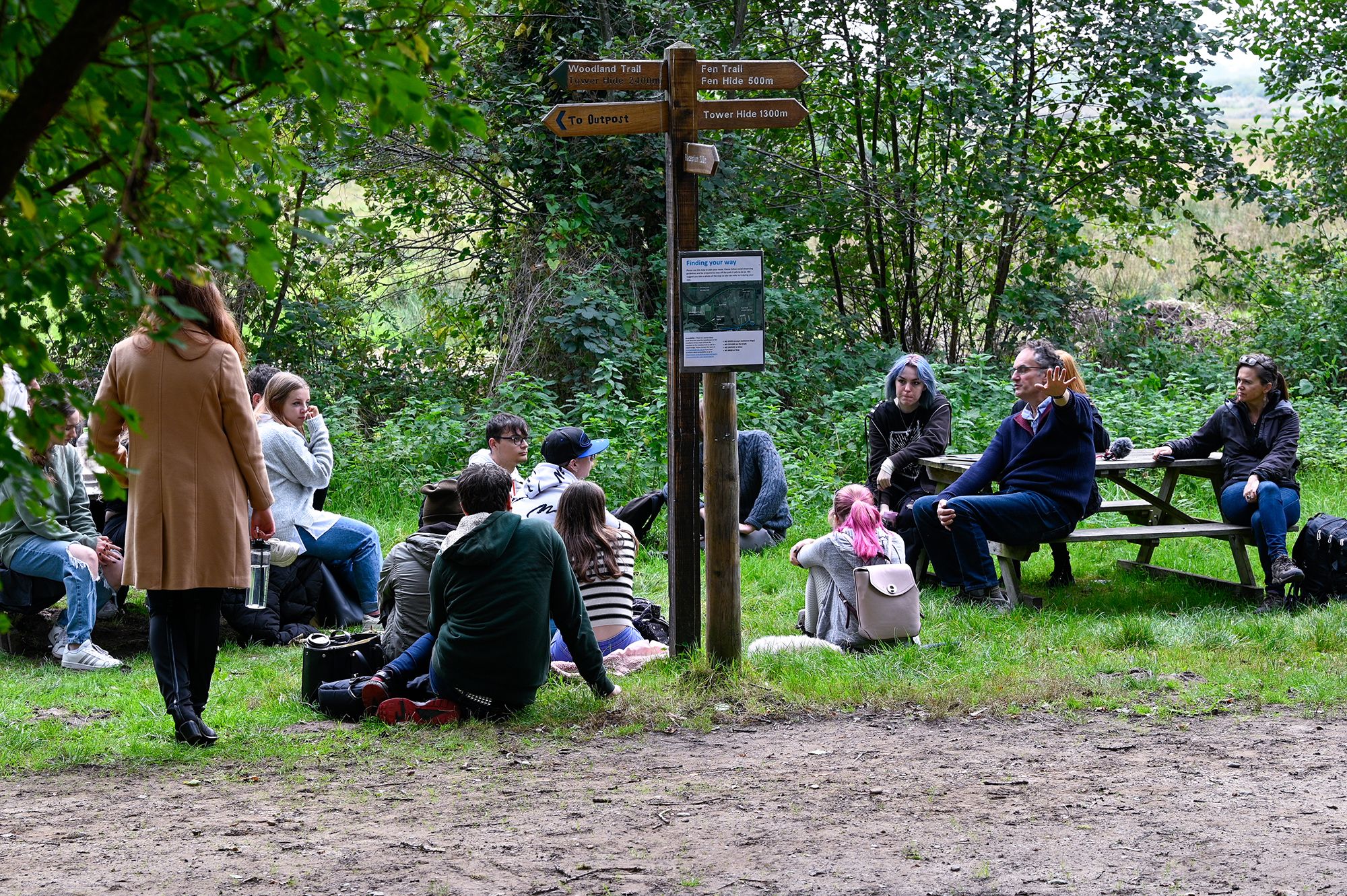
The students chose to create a piece of site-specific theatre, The Race Against Time, leading the audience through the varied habitats of Strumpshaw Fen. Their immersive outdoor performance narrated the impact of climate change on the reserve through the voice of 17-year-old Lucy Rainer. Lucy recalled the naïve hope she felt as a young child, sharing her realisation that climate change has a devastating impact on all our futures.
Chloe: I just felt like it was the right place to be, I walked around this place and me and my partner - we didn’t really know where to go - and we just got there and looked it at and said ‘wow, this is where we need to do it’.
Ben: Once you’ve found the locations, it all just kind of flows naturally and you get into the groove of it. We had five different locations that we chose, but the weather rotted some of the locations we originally selected, and they were not safe to use anymore.
We chose to do a walking piece of theatre because you can take the audience with you - they are listening to you and engaged with you as you are walking around.
The final performance of The Race Against Time took place on a crisp, luminous afternoon in December 2021.
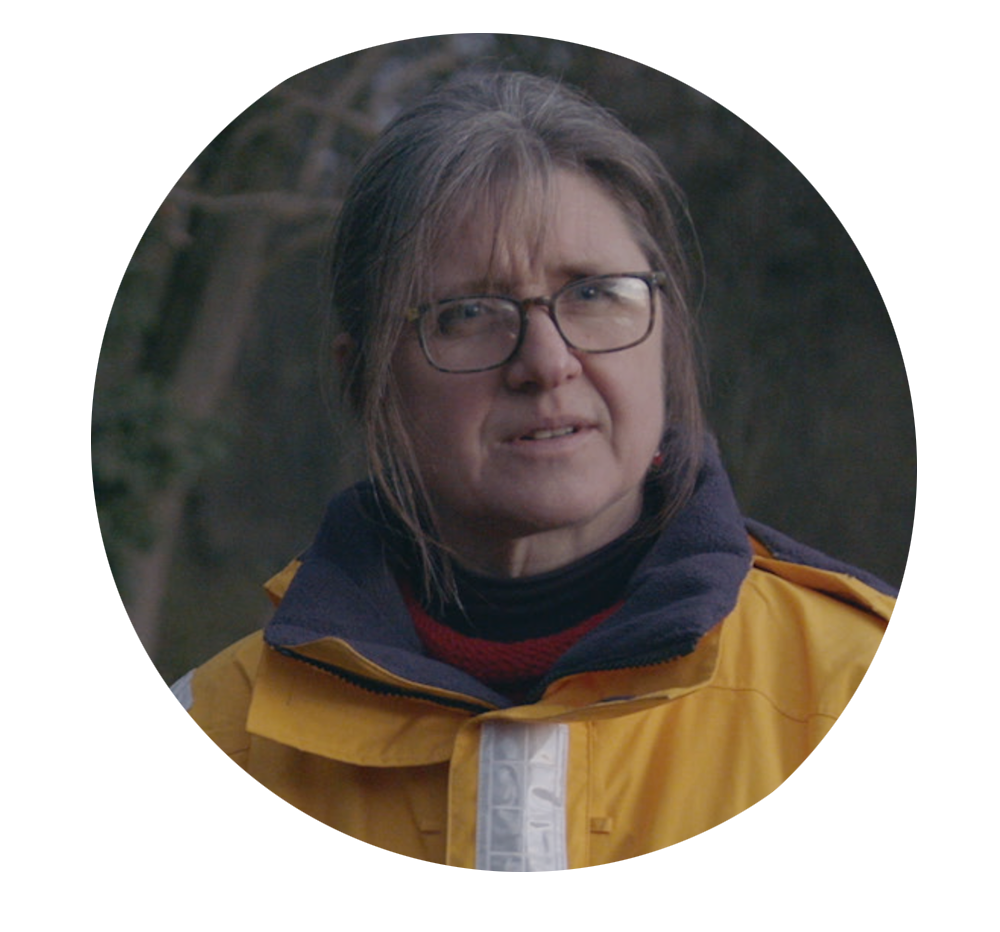
Dr Elizabeth Lewis Williams, poet and Visiting Fellow, UEA: It was interesting to see the element of narrative dependency in the audience as we walked around… They were trying to work out what was happening.
The pursuit of meanings that the students themselves had been engaged in is something that the audience was following along with them, and it had a really curious effect. They were playing hide and seek, there were all these lost people in the woods, and you find yourself looking, watching shadows, and listening to the birds. There’s a kind of dialogue going on with the natural environment as well as with the performers.
Ben: I found that being in the forest, and working with all the other people, and trying to devise something powerful has been really good and really enjoyable. I love doing the drama and it’s just outside, it’s just better than being in a cramped classroom. It’s a lot nicer with the wind and noises, it’s brilliant.
Having done this, I have a better understanding of what’s happening in the world, and I now feel I have stronger opinions - for example, about what some companies are doing with fossil fuels. That needs to stop, and they need to change to renewable energy… If the audience can take something away from our performance that would be good for them and that would be great for the planet in general. Other people can do projects like this as well in their local areas.
Dave Higgins: The best takeaway for me has been working with students who say things after we have had the UEA come to us and talk to us about various climate issues – students say, ‘I never knew that’, ‘I never thought about that’, and from there we’ve gone on to look at various aspects of climate change. I hope we go further with this and explore it with students back at college.
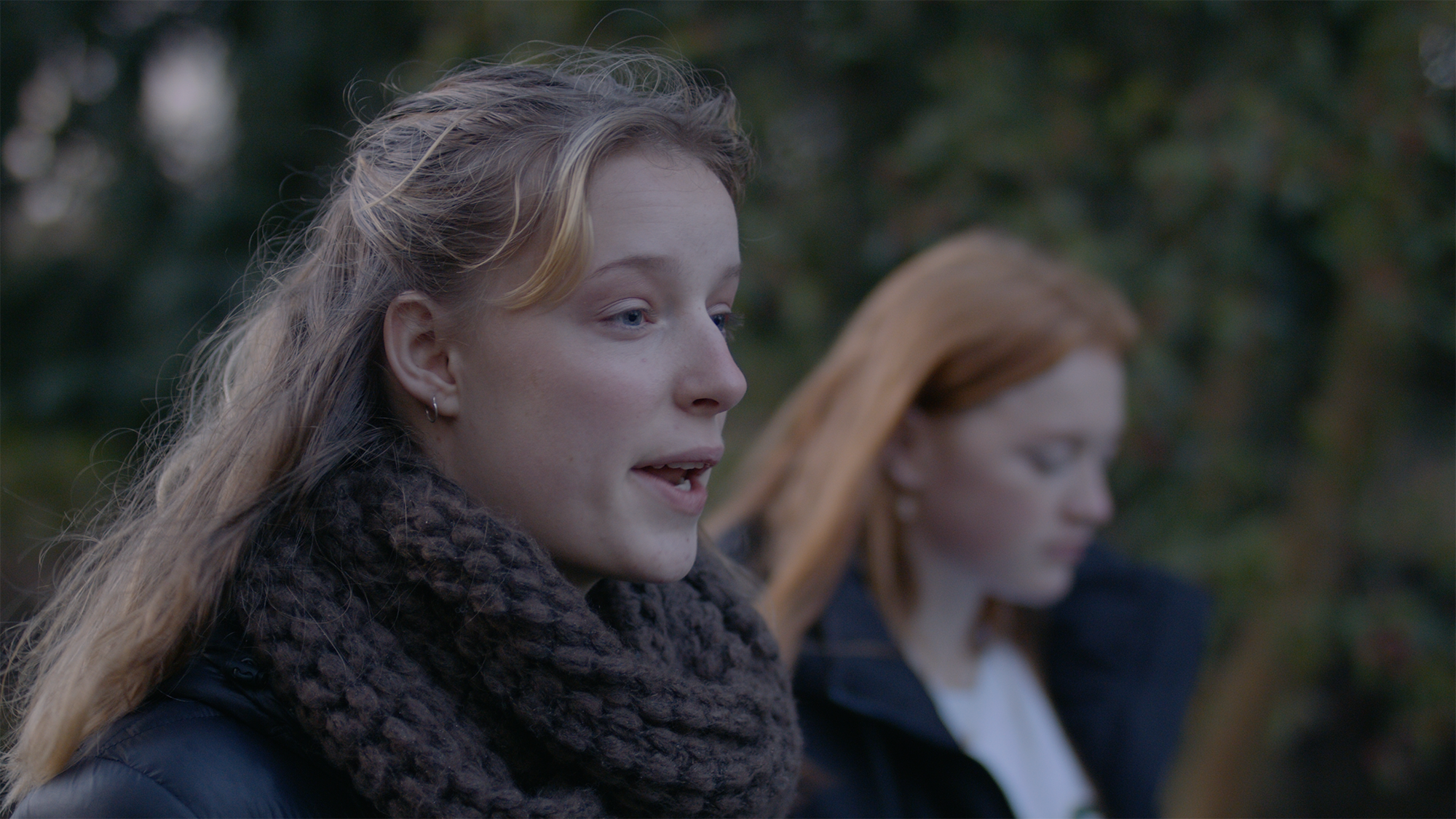
A student actor from East Norfolk Sixth Form College performs the opening monologue in The Race Against Time, setting the scene for the show's exploration of climate change
A student actor from East Norfolk Sixth Form College performs the opening monologue in The Race Against Time, setting the scene for the show's exploration of climate change
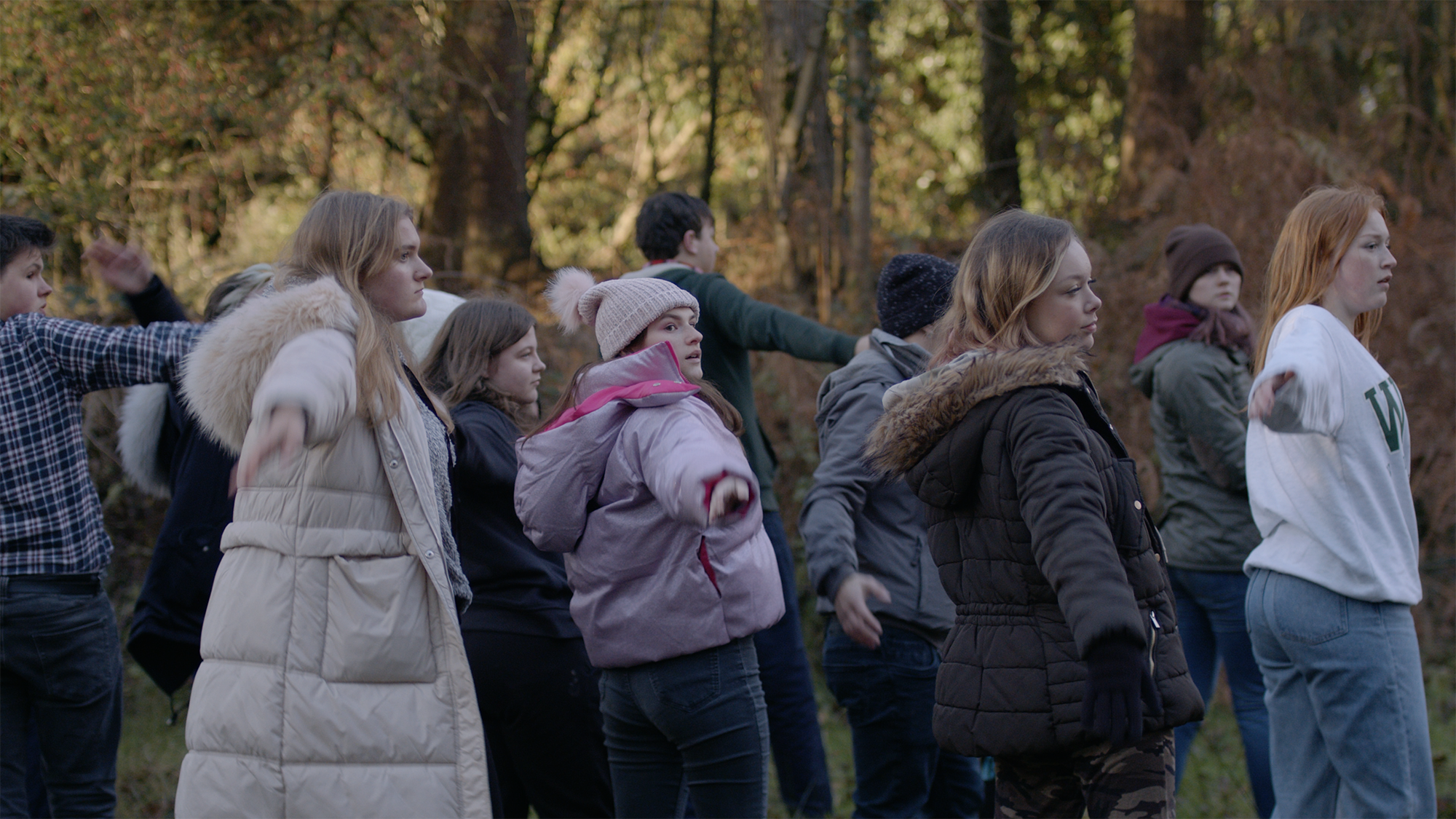
Student actors from East Norfolk Sixth Form College embraced physical theatre and movement to engage with their natural environment.
Student actors from East Norfolk Sixth Form College embraced physical theatre and movement to engage with their natural environment.
Jean McNeil: I think performance leaves a very different kind of impression on the human mind… Through performance you actually enact and react and remake with your own energy - your own kind of kinetic energy - a new thing that otherwise wouldn’t happen, and performance I think really sticks in the mind for that reason. I can’t guarantee that all these young people will remember this forever, but performance has that ability to kind of inscribe itself in your experience and memory very distinctly.
Steve Waters: I think that being in the places that you’re speaking about and telling stories within them and using them as part of that story brings that message home so powerfully in a way that sitting in a dark theatre or watching something on a television screen doesn’t quite do. I think that this piece will transform the performers as well as their audience, and I think that sense of an experience rather than a story is really what we were trying to create. I think that’s vital during this time of real threat to the natural world.
Chloe: Coming to the Fen - which I’ve never done before - has been really fun. I’ve been able to express myself and I have enjoyed the teamwork - I have grown a lot. I feel like I have become better as an actor and I have enjoyed acting in the forest.
Affected by eco-anxiety? Understand more about climate anxiety, learn about ways to alleviate it, and find out about a new partnership between UEA, Mind and the Climate Psychology Alliance designed to help tackle it.
Photography by William Fielding and Tash Cordeaux



